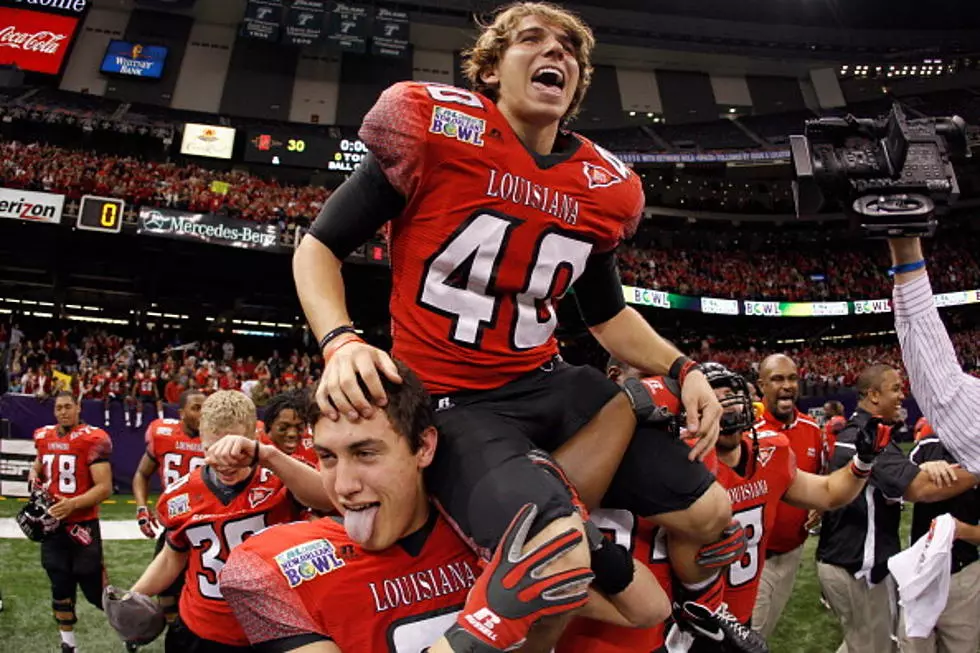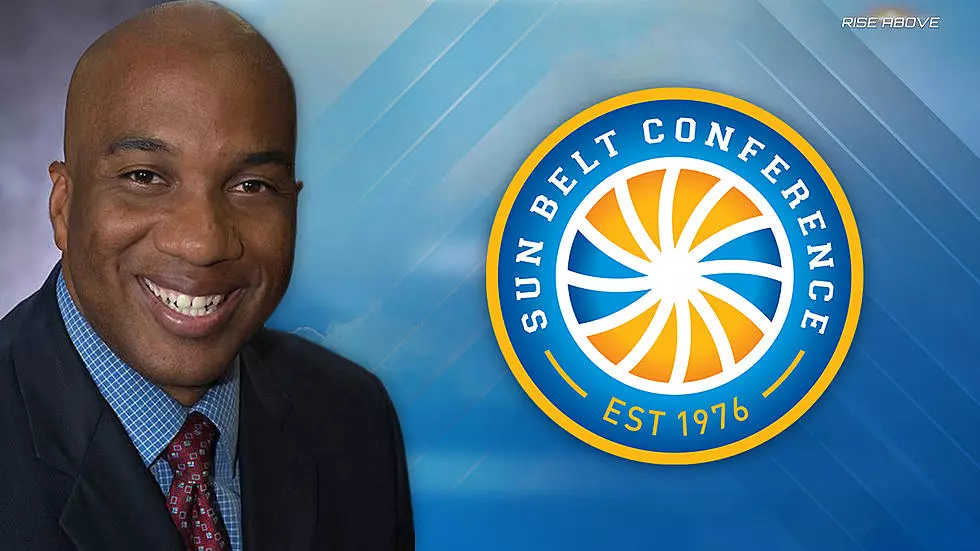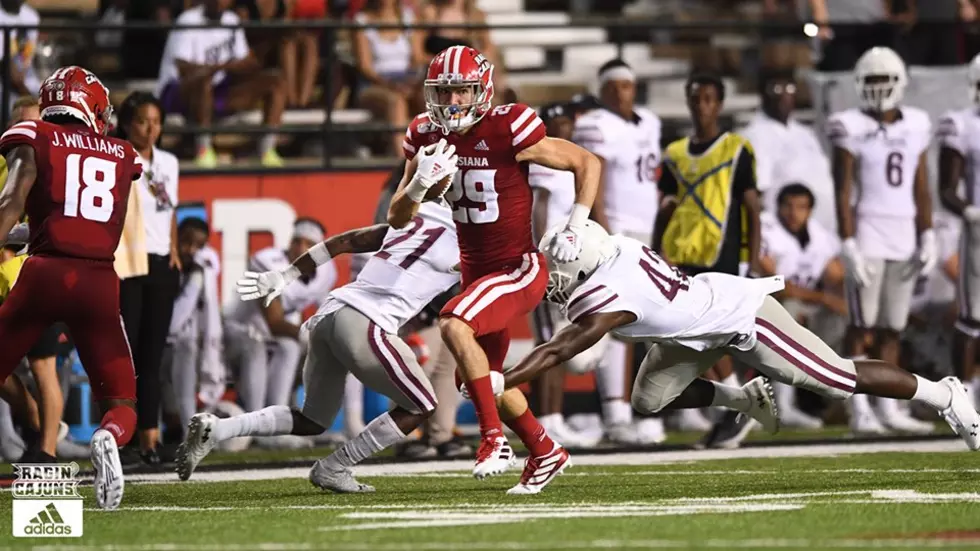
Baseball’s Invisible Book, Part 2 – From the Bird’s Nest
We talk all the time about baseball's unwritten rules. In this second part of a multi-part series, we'll take a look at some of them. (If you missed part one, find it here.
DON'T PLAY THE INFIELD IN EARLY IN THE GAME-- This is one rule I still agree with. We know it's a statistical fact a hitter's batting average goes up when the infield plays in. Why take a chance early in the game? Besides, it sends a message to your hitters that you don't think you can come back. We actually saw this with the Cajuns this year. Gunner Leger was on the mound and the Cajuns had scored a run early. They were threatening in the second inning and the opposing coach brought the infield in. Even though Gunner was really stingy, it wasn't the right move.
NEVER STEAL WHEN DOWN MORE THAN TWO RUNS -- In today's game where offenses are better than ever, I don't think this applies as much. We see teams try to steal when they're three or even four runs down. If the scouting report tells you the pitcher is slow to home plate, or the catcher doesn't have a good percentage throwing out runners, why not take a chance early in the game. Now, I agree in the later innings when you're three or more down, you don't want to take a chance. But a stolen base in the third inning could get you a run. That can give a team a little momentum.
DON'T BUNT FOR A HIT IN A SACRIFICE SITUATION --Again, this rule, though it makes sense, shouldn't be set in stone. If you have a really good bunter at the plate, a push bunt (where you try to get the ball past the pitcher) could result in a base hit. There are times when you absolutely ask the hitter to give himself up. But not always. You can potentially turn a straight number into a crooked one with a well placed bunt. But you only do it if your guy handles the bat really well.
THE CENTER FIELDER IS THE BOSS IN THE OUTFIELD --Yes. Yes. And yes. Your center fielder usually covers the most ground. If there's a question as to which fielder should be catching the ball, the center fielder makes the decision. If you're in right and think you have a play and say MINE, the center fielder has the power to overrule.
DON'T ISSUE AN INTENTIONAL WALK WITH A RUNNER ON FIRST -Again, this holds true MOST of the time. But not always. Managers always circle a guy on the lineup card that you don't want to face with the game on the line in the latter innings. As a manager, you don't want to issue the walk. But if the batter can get you three runs on one swing and the guy behind him is a guy you can get out, then sometimes you have to throw away the book. We saw it happen with Barry Bonds. And softball teams walked Lexie Elkins with the bases loaded. You gotta do what you gotta do.
More From 103.3 The GOAT









